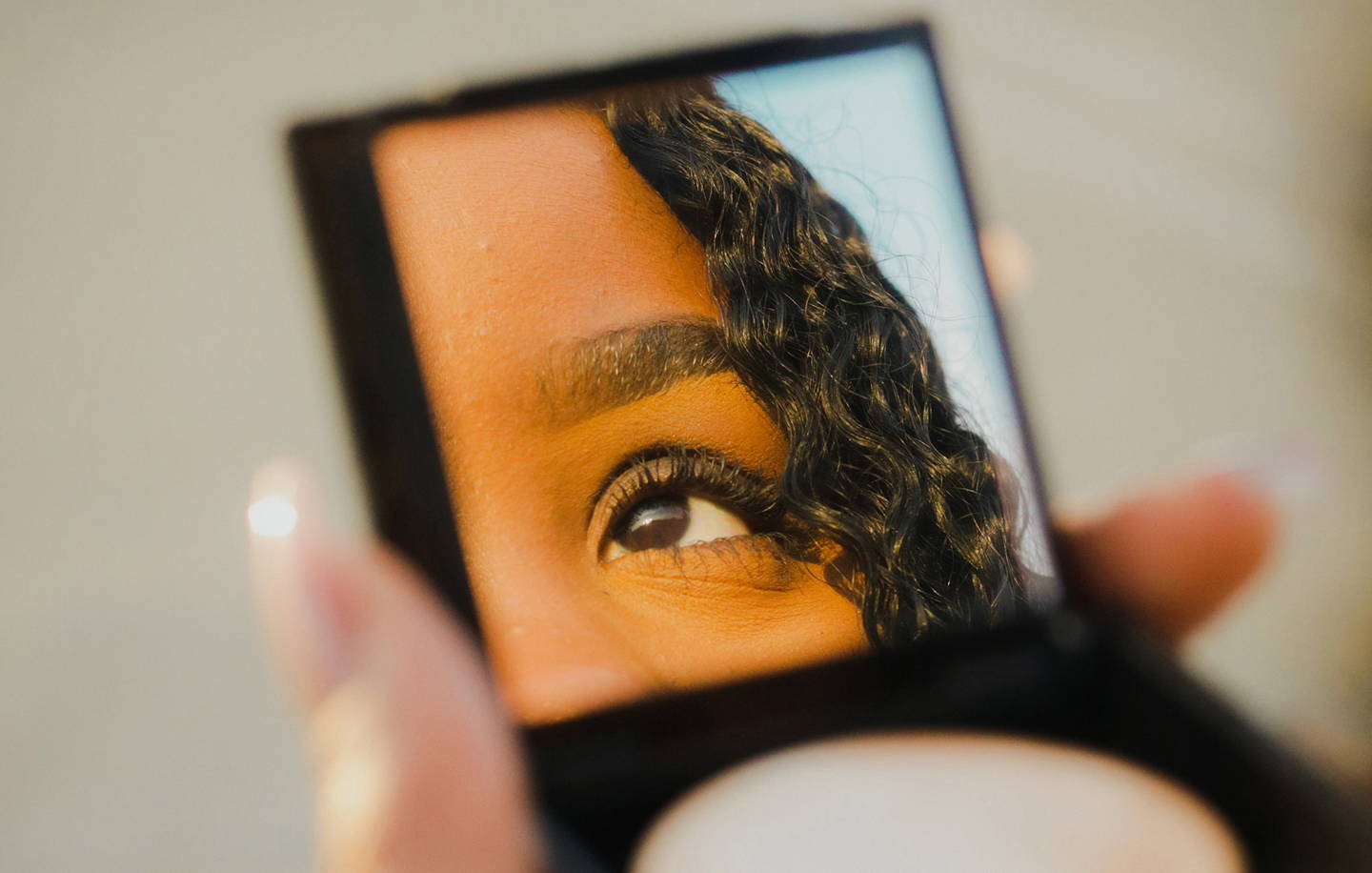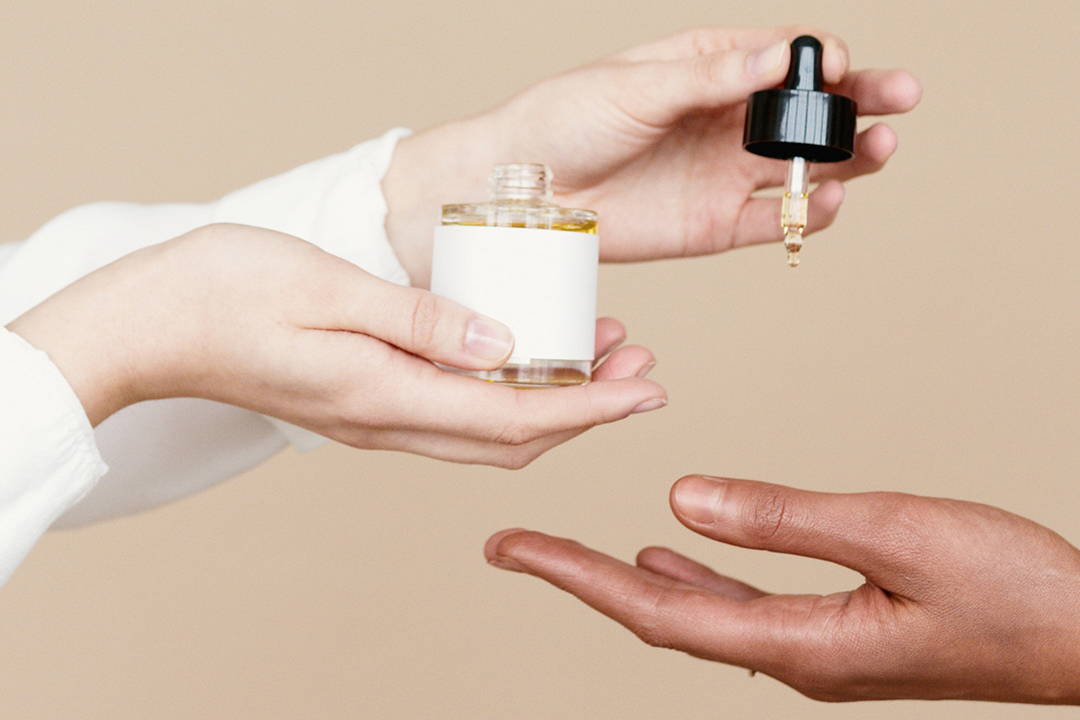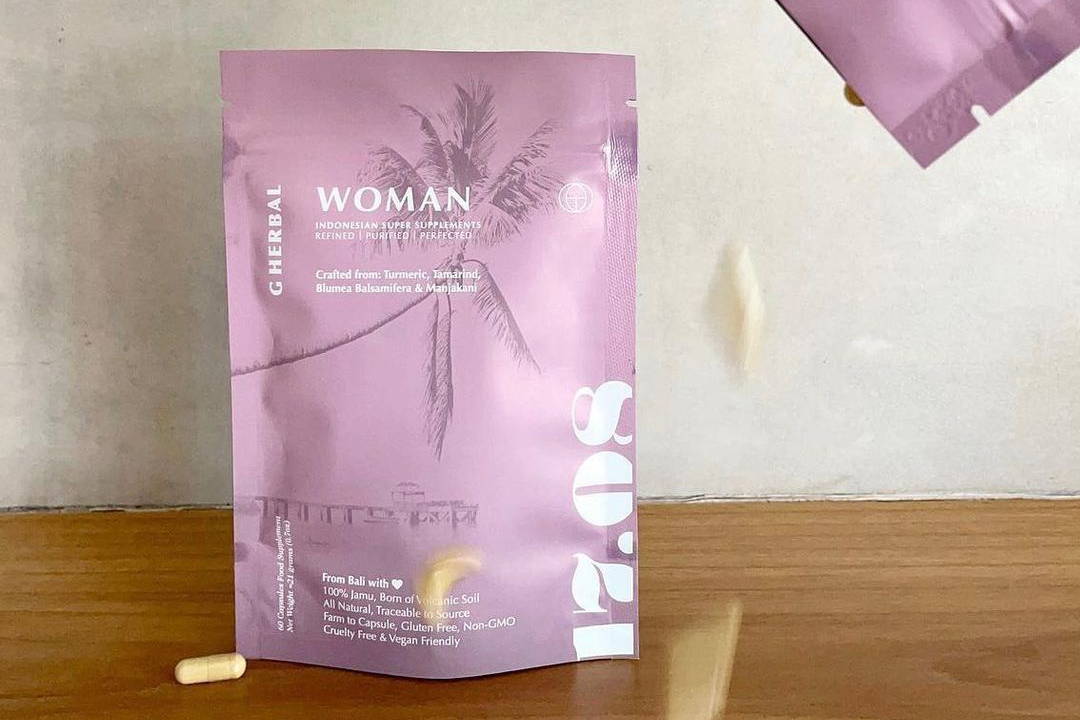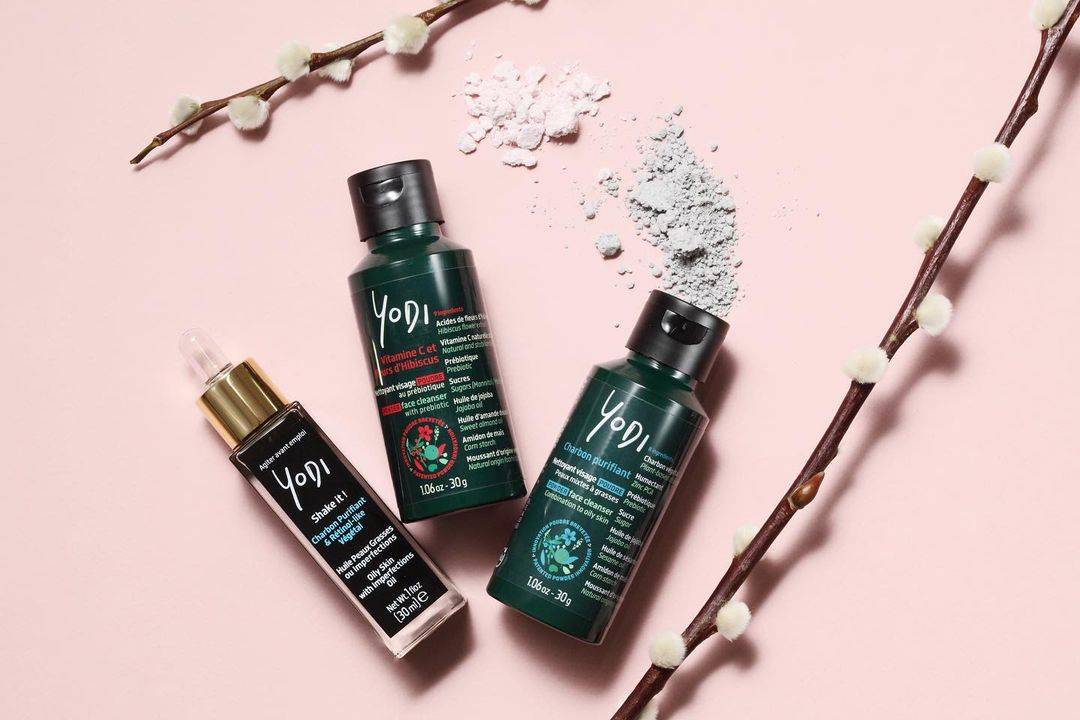A packaging pioneer
We’re proud to say that one of the brands you’ll find on Plain Tiger are really leading the charge when it comes to packaging wellness products more sustainably. Health supplement company, G Herbal uses ingredients that are grown using natural farming techniques and packaging that is almost plastic-free.
The G Herbal team has managed to eliminate all plastic except for the security seal stickers and expiry date stickers on their test tubes. By weight therefore, you could say that G Herbal’s packaging contains less than 0.1% plastic. Furthermore, the paper used in the brand’s packaging is FSC-certified from a Japanese paper mill and even its refill pouches are a kraft-lined alternative to the standard PE/PET plastic based options, making them recyclable and landfill-friendly.
Beauty industry innovation goes waterless
One of the biggest impacts of climate change is water scarcity – a reality that has extended into previously unaffected territories and has widespread implications for a range of sectors. For many innovators in the beauty space, waterless technology offers the most sustainable solution.
Historically, the manufacture of beauty products has relied heavily on water-intensive processes, but today, cosmetics producers are employing new technology to reduce and even eliminate the use of water in their production methods. One advantage of waterless technology is the reduction of carbon emissions associated with water transportation and processing. By removing water from formulations, manufacturers can significantly reduce the weight and volume of products, resulting in lower transportation emissions. Additionally, the absence of water eliminates the need for energy-intensive water purification processes, further reducing the carbon footprint of beauty products.
Waterless beauty products also have a longer shelf life compared to their water-based counterparts. Water can serve as a breeding ground for bacteria and mold, leading to product spoilage. Removing water from formulations reduces the risk of microbial growth, allowing products to remain stable and effective for a longer time. This not only reduces waste but also encourages consumers to use products fully before replacing them, contributing to a more sustainable consumption pattern.
Moreover, waterless technology encourages innovation in formulation development. Companies are exploring alternative ingredients and delivery systems that offer the same efficacy and user experience without the need for water. This shift towards waterless formulations encourages the use of concentrated, potent ingredients, reducing the overall amount of product required for each application. This not only reduces packaging waste but also promotes more effective and efficient beauty routines.

















